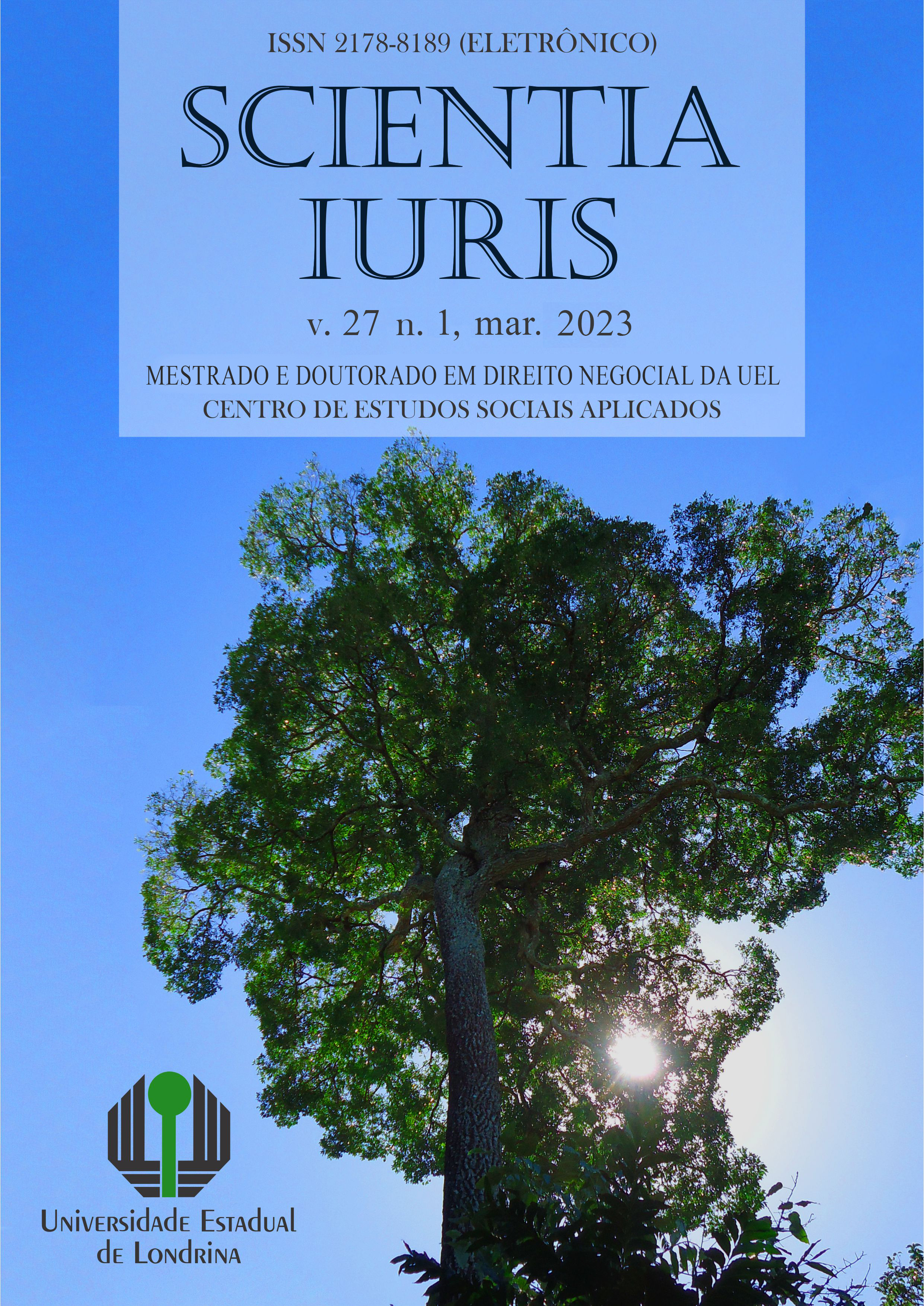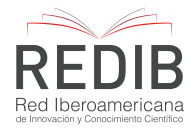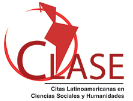The compulsory patent license from the point of view of the law and economic considering the COVID-19’s scenario
DOI:
https://doi.org/10.5433/2178-8189.2023v27n1p149Keywords:
Industrial property. Compulsory license. Law and economics. Incentives. Solidarism.Abstract
During the effects of the COVID-19 Pandemic, the research to produce drugs that can control the impact of the virus and a vaccine to create immunity are gaining prominence. In this scenario, compulsory patent licensing was the subject of debate at the Assembly of the World Health Organization, which resulted in guidance for countries to approve compulsory licensing of future vaccines and medicines. The United States of America opposed this guidance, stating that this positioning would send the wrong message to those researching to develop such products. The method is hypothetical-deductive, and the technique is bibliographic and documentary research. The research core is to explain the appropriateness of decreeing compulsory licenses of patents for public interest in Brazil, verifying if this norm is a disincentive for business development in extreme situations, as in the COVID-19 Pandemic, in the light of the Economic Analysis of Law. The outcome is that the agents are indirectly encouraged to act in a more supportive way cause, even though the financial results may be lower, the agents perceive other advantages.
Downloads
Downloads
Published
How to Cite
Issue
Section
License
Copyright (c) 2023 Scientia Iuris

This work is licensed under a Creative Commons Attribution 4.0 International License.
The journal reserves the right to modify, in the original text of the submitted article, normative, spelling and grammatical mistakes in order to maintain the cultured standard of language and the credibility of the journal. The journal will respect the authors' writing style. Changes, corrections or suggestions of conceptual order will be sent to the authors, when necessary. In such cases, the articles will be re-examined. The final exams will not be sent to the authors. The published works become the property of the journal, in other words, its total or partial reprinting is subject to the express authorization of the journal. In all subsequent citations, the original source of publication shall be cited and in the case of Photographic Speeches, shall be approved by the original author. The opinions expressed by the authors of the journal’s articles are of their sole responsibility.

















